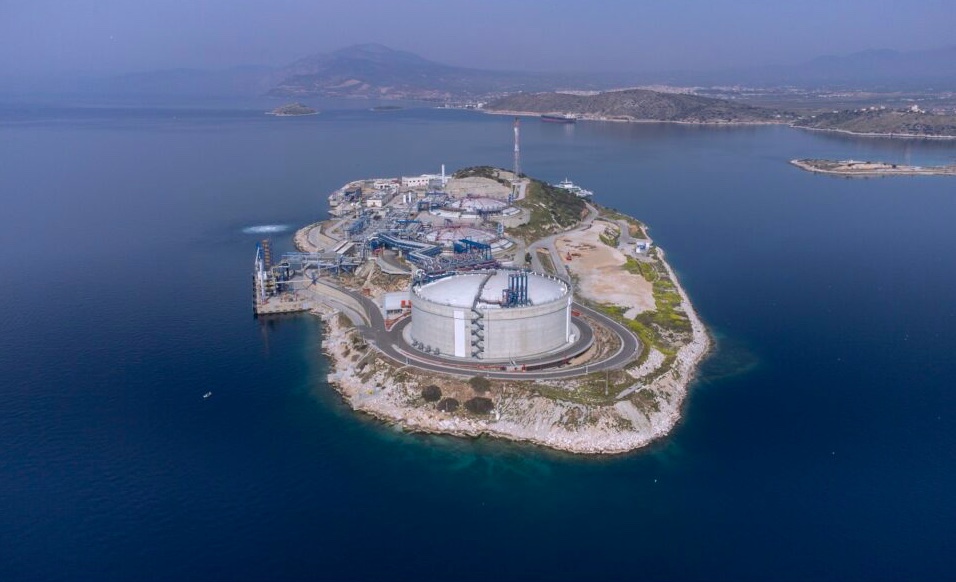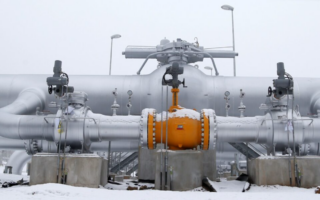Greece not expecting supply disruption
Athens, Europe mulling how to respond to Russia’s demand for natural gas payments in rubles

In the wake of the decision by Russian energy giant Gazprom to halt gas supplies to Poland and Bulgaria for noncompliance with Moscow’s demand requiring payment in rubles, the government’s main concern is to ensure Greece’s energy sufficiency in the case of a complete cessation of flows.
Russia’s decision to turn the tap off to Poland and Bulgaria in response to their refusal to accept the new payment mechanism imposed unilaterally by Moscow in its March 31 presidential decree has also sounded the alarm in Athens.
In response to the Russian decision, Mitsotakis had convened a meeting with energy sector representatives to discuss unfolding developments and how Greece’s gas supply could be impacted.
The conclusion of the participants was that “no disruption is expected in the country’s supply.”
Russian gas accounts for more than 30% of Greece’s annual energy needs. Greece’s next payment to Gazprom is due in May under a contract that expires in 2026.
Wednesday’s meeting also examined the issue of payments for Russian gas imported by Greece through the companies DEPA, Mytilineos Group, Prometheus Gas and Public Power Corporation.
The latter imports gas directly from Gazprom after the assignment of part of the contract of Prometheus Gas for the years 2022 and 2023. All four companies will have to pay for April’s consumption within the latter part of May.
The crux of the discussion at Wednesday’s meeting is that they expect a clear and binding decision from the Commission to act accordingly.
“We are under control and we have time to make decisions,” DEPA sources said. DEPA imports two-thirds of the Russian quantities of gas that enter the Greek market.
The contracts of the Greek companies expire in 2026 for DEPA, Prometheus and PPC and in 2030 for Mytilineos, while they also include take-or-pay clauses.
Meanwhile, Athens said it would offer help to Bulgaria, with Mitsotakis and his Bulgarian counterpart Kiril Petkov discussing the issue on the phone on Wednesday.
“The prime minister said that Greece will help Bulgaria to deal with the new situation caused by the Russian decisions on energy,” Mitsotakis’ office said in a statement, without providing further details.





